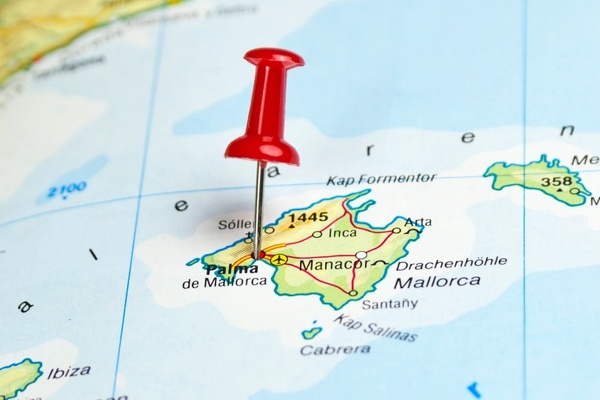Travel firms urged to 'find focus' on sustainability
 James Chapple
James ChappleChallenge the suppliers you work with, educate yourself, and look to create a corporate social responsibility (CSR) policy for your business, or risk not bringing consumers along with you.
These were among the key pieces of advice for companies wanting to start out on the journey to become more sustainable. The recommendations came as industry leaders debated whether “travel and sustainability can really go hand in hand” at TTG Media’s latest Agenda 2021 seminar.
The event saw delegates receive an exclusive PwC report analysing consumer and trade sentiment towards travel following the easing of government restrictions. For the first time, the survey, which has been running every quarter since last December, asked consumers about their attitudes towards sustainability.
The results demonstrated a sizeable gap between consumers’ intention to travel more sustainably and their actions when booking a holiday, with only 28% saying they would be willing to pay extra for a more sustainable break.
However, David Trunkfield, hospitality and leisure leader, PwC UK, said consumers were “putting the onus on travel businesses to do more”, with 52% expecting travel companies to be more sustainable.
Speaking during the panel, Garry Wilson, chief executive of easyJet holidays, agreed, adding any additional costs “should be burdened by government, and by big businesses”. Wilson stressed that companies big and small could – and should – be doing more when it comes to sustainability, and said he passionately believed “travel as an industry needs to get our head around the idea that big is not bad”.
“There is no business case that says a family-run hotel is more sustainable,” he pointed out. “If you take a five- or 600-room all-inclusive hotel and they’ve got very clear social policies on the people they employ – they’re given a living wage, they’ve got policies on water and energy [usage], they’re locally sourcing their food – then there is an enormous positive impact it can have on a scale you wouldn’t get anywhere close to with a small family-run hotel.
“There’s space for both in terms of a product offering and an experience. But getting to a position where you think sustainability is niche and exclusive, that’s wrong. It has to be for everyone,” Wilson said. “And we as businesses and government have to work towards making it accessible for everyone and not expect anyone to have to pay extra for that.”
‘Find your focus’
Nico Nicholas, chief executive of Trees4Travel, stressed consumer pressure was vital too. “If you don’t keep the consumer engaged, if they have no connection to what’s happening, then government won’t have the pressure from the consumer side.”
Asked during a live Q&A following the discussion what businesses that haven’t yet started their sustainability journey could be doing, Kasia Morgan, chief sustainability officer at Exodus, admitted the subject can feel “overwhelming”.
“What’s crucial is finding your focus,” she said. “If you look at the UN sustainable development goals, there are 17 all-encompassing areas of social and environmental impact – and travel touches every one of them. Take those as a starting point – survey your staff and clients, and identify which one or two areas are most relevant to your company. Set a target around these and build from there.”
Karen Simmonds, founder of Travel Matters and the Make Travel Matter campaign, agreed, and urged anyone working in travel to “educate yourself and be curious”.
“The likes of Abta, Aito and the Future of Tourism Coalition, they’ve all got some really interesting sound bites and material to educate yourself. You’ve got to just get on with it – develop a CSR policy for your business, and bring some proper value and a more respectable ethos to your business model.”
TTG+ members can watch back the debate on-demand now, and access the full TTG-PwC report here.
Sign up for weekday travel news and analysis straight to your inbox

James Chapple
Supplier Directory
Find contacts for 260+ travel suppliers. Type name, company or destination.














